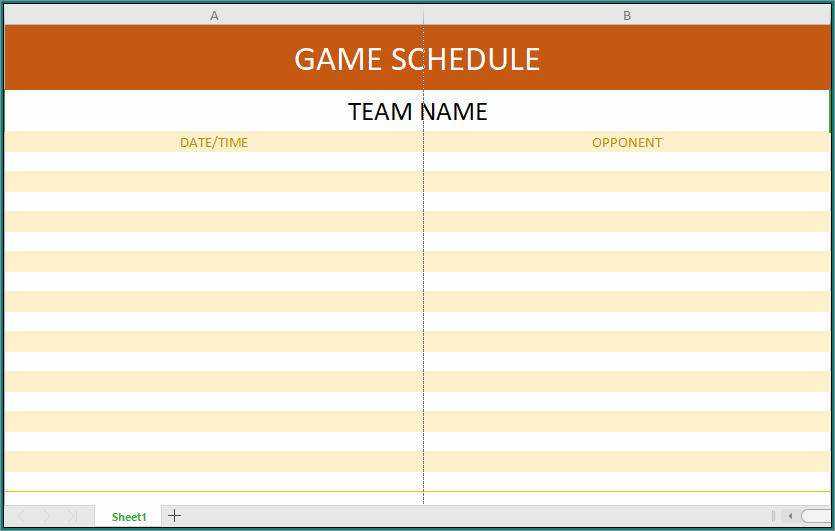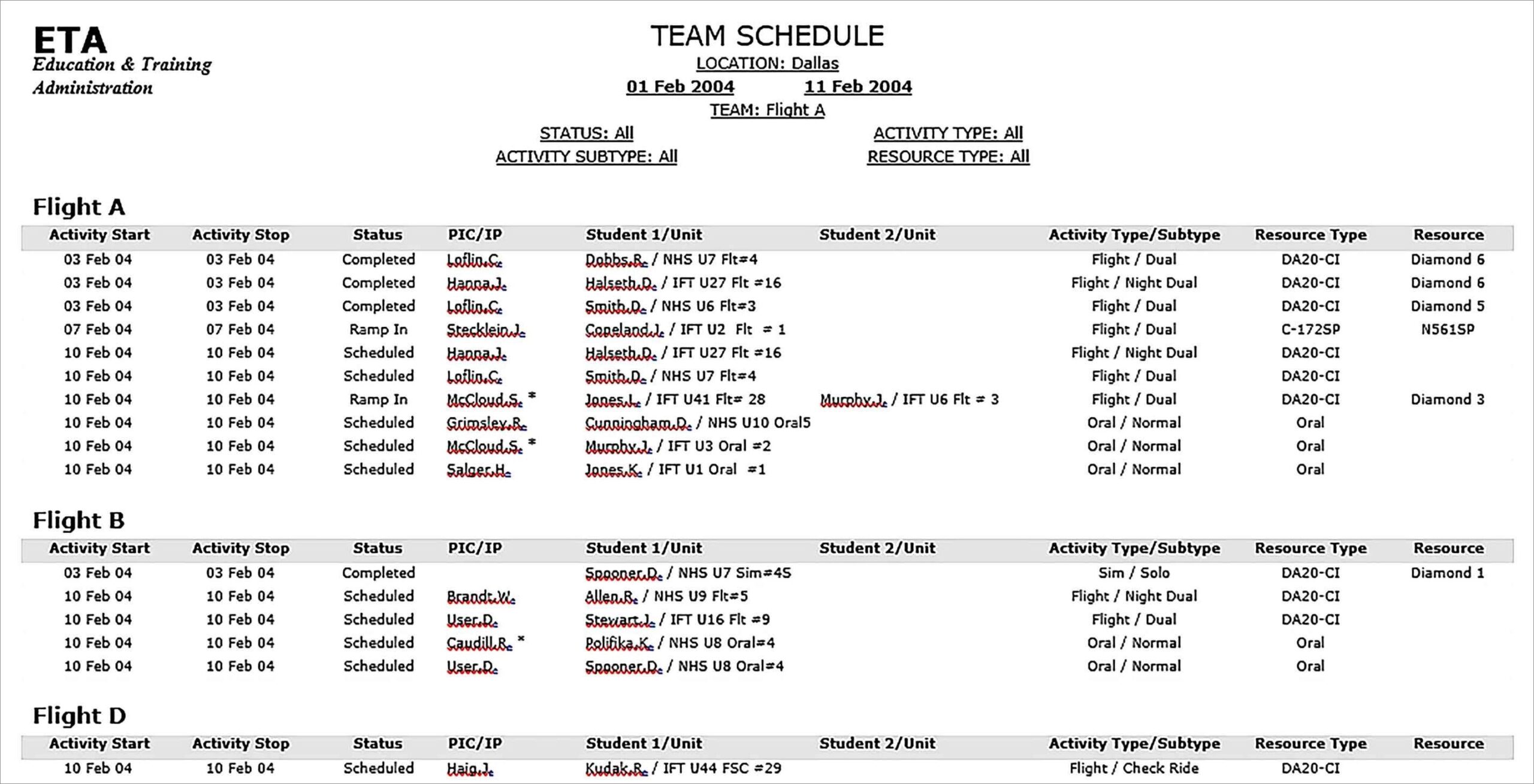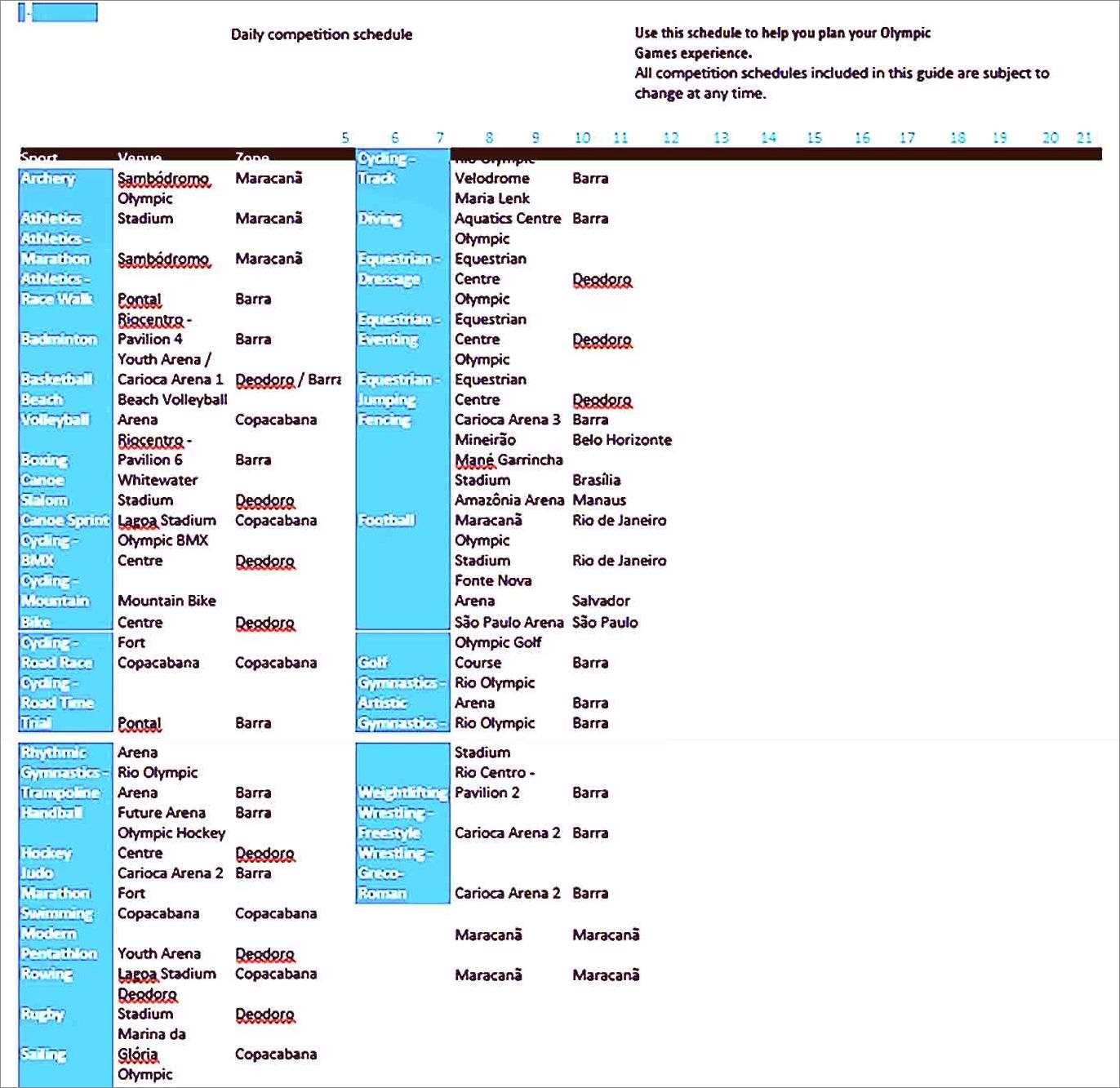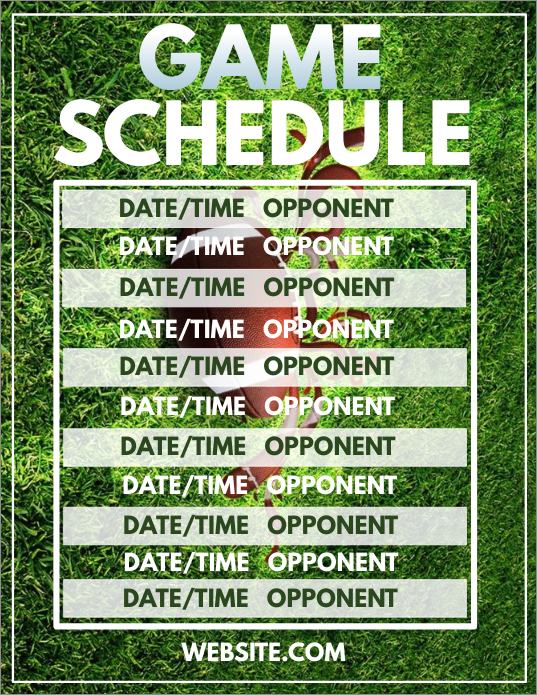A game schedule is a crucial aspect of any sports team or organization. It serves as a roadmap for the season, outlining the dates, times, and locations of each game. Having a well-organized and thought-out game schedule can greatly benefit both the team and its supporters.
In this article, we will explore the importance of a game schedule and guide how to create one effectively.
Why is a Game Schedule Important?
A game schedule is essential for several reasons.
- It helps teams plan and prepare for upcoming games. By knowing the dates and times of each match in advance, teams can organize their training sessions, rest days, and other activities accordingly. This allows players to optimize their performance and minimize the risk of injuries.
- A game schedule helps teams and supporters stay organized. It ensures that everyone involved knows when and where each game will take place, reducing confusion and the likelihood of missed matches. This is particularly important for away games, where travel arrangements need to be made in advance.
- A game schedule provides structure and discipline to the team. It instills a sense of accountability and commitment among players, as they have a clear timeline of games to prepare for. This can greatly improve team cohesion and morale, leading to better performance on the field.
How to Create a Game Schedule
Creating a game schedule may seem like a daunting task, but with proper planning and organization, it can be done effectively. Here are some steps to follow:
1. Determine the Length of the Season
Before creating a game schedule, you need to determine the length of the season. Consider factors such as the number of teams in the league, the desired number of games per team, and any breaks or holidays that may affect the schedule. This will help you establish a timeframe for the season.
2. Identify Available Dates and Venues
Next, identify the dates and venues available for the games. Consult with the league or facility managers to determine the availability of fields or courts. Take into account any other events or tournaments that may conflict with your desired game dates.
3. Consider Travel and Rest Days
If your team has away games or tournaments, factor in travel time and rest days when creating the schedule. This will ensure that players have enough time to recover between matches and can make necessary travel arrangements.
4. Distribute Games Equally
When assigning games to teams, aim for fairness and equity. Distribute the number of home and away games evenly, and try to minimize long stretches of away games or consecutive games for any team. This will help maintain a balanced and competitive schedule.
5. Communicate the Schedule
Once the game schedule is finalized, communicate it to all relevant parties. This includes players, coaches, staff, and supporters. Provide clear and concise information about each game, including the date, time, and location. Utilize digital platforms, such as team websites or social media, to ensure easy access to the schedule.
6. Monitor and Adjust as Needed
Throughout the season, monitor the game schedule and make adjustments as needed. This may involve rescheduling games due to weather conditions or unforeseen circumstances. Stay proactive and communicate any changes promptly to all parties involved.
7. Evaluate and Learn
At the end of the season, evaluate the effectiveness of the game schedule. Seek feedback from players, coaches, and supporters to identify any areas for improvement. Use this feedback to refine your scheduling process for future seasons.




The Benefits of a Well-Organized Game Schedule
A well-organized game schedule brings numerous benefits to both the team and its supporters. Here are some key advantages:
- Efficiency: With a clear game schedule, teams can plan their training sessions and activities more efficiently, maximizing their preparation for each match.
- Organization: A game schedule ensures that everyone involved knows when and where each game will take place, reducing confusion and improving attendance.
- Team Cohesion: A structured game schedule fosters team cohesion and commitment, as players have a clear timeline to work towards. This can enhance team performance and chemistry.
- Spectator Experience: Supporters can plan their attendance and travel arrangements, ensuring a better overall experience for both home and away games.
- Player Safety: By scheduling rest days and considering travel arrangements, a game schedule promotes player safety and reduces the risk of injuries due to fatigue or rushed preparations.
- Fairness: A well-balanced game schedule ensures fairness among teams, with equal distribution of home and away games and minimal disadvantages for any particular team.
Conclusion
A game schedule is a vital component of any sports team or organization. It provides structure, organization, and efficiency to the season, benefiting both the team and its supporters. By following the steps outlined in this article, you can create a well-organized and effective game schedule. Remember to communicate the schedule promptly and make adjustments as needed throughout the season. With a well-planned game schedule, your team will be better prepared, organized, and poised for success.
Game Schedule Template – Download
